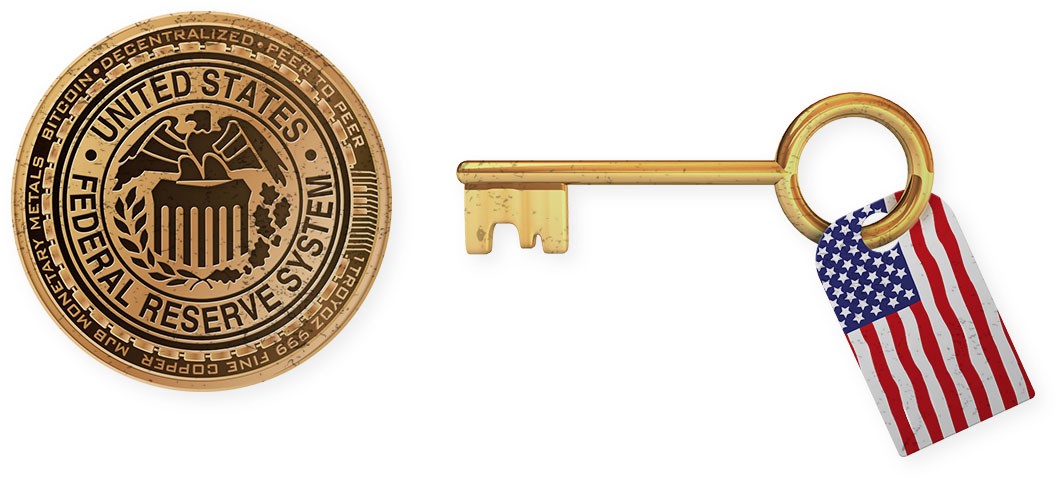PALO ALTO, Calif. (Reuters) - The Federal Reserve is taking a look at a broad variety of concerns around digital payments and currencies, including policy, design and legal factors to consider around potentially providing its own digital currency, Guv Lael Brainard stated on Wednesday. Brainard's remarks suggest more openness to the possibility of a Fed-issued digital coin than in the past." By changing payments, digitalization has the prospective to provide higher value and benefit at lower cost," Brainard stated at a conference on payments at the Stanford Graduate School of Business.
Central banks globally are debating how to handle digital finance innovation and the dispersed ledger systems used by bitcoin, which guarantees near-instantaneous payment at potentially low cost. The Fed is establishing its own day-and-night real-time payments and settlement service and is currently evaluating 200 comment letters submitted late in 2015 about the suggested service's design and scope, Brainard stated.
Less than two years ago Brainard informed a conference in San Francisco that there is "no compelling showed need" for such a coin. However that was before the scope of Facebook's digital currency aspirations were extensively understood. Fed officials, consisting of Brainard, have raised issues about customer defenses and data and personal privacy hazards that could be presented by a currency that could enter into usage by the 3rd of the world's population that have Facebook accounts.
" We are teaming up with other central banks as we advance our understanding of central bank digital currencies," she said. With more countries checking out releasing their own digital currencies, Brainard stated, that adds to "a set of reasons to likewise be making certain that we are that frontier of both research study and policy advancement." In the United States, Brainard stated, problems that need study consist of whether a digital currency would make the payments system much safer or easier, and whether it could posture monetary stability risks, consisting of the possibility of bank runs if money fedcoin price can be turned "with a single swipe" into the main bank's digital currency.

To counter the monetary damage from America's unprecedented national lockdown, the Federal Reserve has actually taken unprecedented steps, including flooding the economy with dollars and investing straight in the economy. The majority of these relocations received grudging acceptance even from numerous Fed skeptics, as they saw this stimulus as required and something only the Fed might do.
My new CEI report, "Government-Run Payment Systems Are Risky at Any Speed: The Case Against Fedcoin and FedNow," details the threats of the Fed's present prepare for its FedNow real-time payment system, and proposals for central bank-issued cryptocurrency that have been dubbed Fedcoin or the "digital dollar." Great post to read In my report, I discuss concerns about privacy, data security, currency control, and crowding out private-sector competition and development.
Proponents of FedNow and Fedcoin state the government should create a system for payments to deposit immediately, rather than motivate such systems in the private sector by raising regulative barriers. But as kept in mind in the paper, the private sector is providing an apparently unlimited supply of payment technologies and digital currencies to fix the problemto the level it is a problemof the time gap between when a payment is sent and when it is received in a savings account.
And the examples of private-sector development in this area are lots of. The Clearing House, a bank-held cooperative that has actually been routing interbank payments in various forms for more than 150 years, has been clearing real-time payments considering that 2017. By the end of 2018 it was covering 50 percent of the deposit base in the U.S.